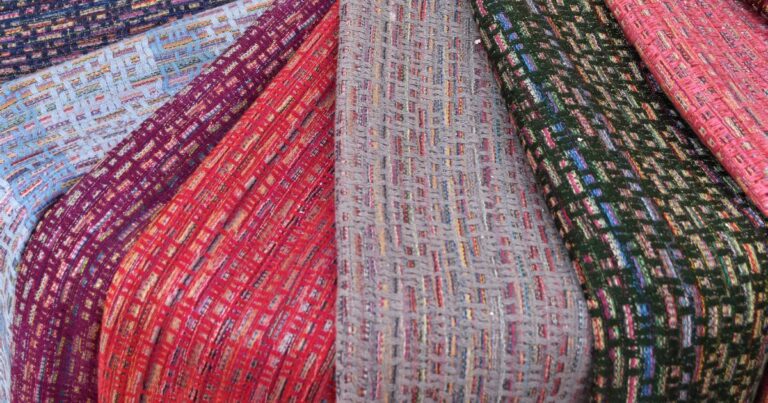Fashion and Sustainability: Tips for Building a Conscious Wardrobe
Sustainability in fashion is a critical topic that is gaining increasing attention in the industry. The fashion sector is notorious for its wasteful practices and environmental impact, with fast fashion being a major contributor to pollution and exploitation of resources. By focusing on sustainability, fashion brands can reduce their carbon footprint, promote ethical practices, and create a more eco-friendly industry for the future.
Consumers are becoming more conscious about the impact of their purchases, demanding transparency and accountability from fashion brands. As awareness grows about the harmful effects of fast fashion on the environment and labor conditions, there is a shift towards supporting sustainable and ethical fashion. By prioritizing sustainability, fashion companies can not only meet the growing consumer demand for environmentally-friendly products but also contribute to a more responsible and ethical fashion industry.
Understanding the Impact of Fast Fashion
Fast fashion has undeniably transformed the way consumers perceive and interact with clothing. With its rapid production cycles and constant churn of trendy pieces, the industry has fueled a culture of disposability. This has led to an increase in clothing waste, as garments are often discarded after only a few uses, contributing to the already staggering environmental burden of textile production.
Moreover, the fast fashion model often relies on unsustainable practices, from excessive water usage in production processes to the extensive carbon footprint resulting from transportation and distribution. This not only depletes finite resources but also exacerbates pollution levels, further straining the planet’s delicate ecosystems. As consumers become increasingly aware of the environmental and social impacts of fast fashion, the need for sustainable alternatives is becoming more pronounced within the industry.
What is fast fashion?
Fast fashion refers to the rapid production of inexpensive clothing that is inspired by the latest trends.
How does fast fashion impact the environment?
Fast fashion contributes to environmental degradation through high levels of water consumption, chemical pollution, and textile waste.
Why is sustainability in fashion important?
Sustainability in fashion is important because it helps to minimize the negative environmental and social impacts of the industry, such as pollution, exploitation of labor, and depletion of resources.
How can consumers support sustainable fashion?
Consumers can support sustainable fashion by choosing to buy from brands that prioritize ethical and environmentally friendly practices, and by investing in quality, timeless pieces rather than constantly purchasing cheap, disposable items.
What are some alternatives to fast fashion?
Some alternatives to fast fashion include shopping second-hand, investing in sustainable and ethical brands, participating in clothing swaps, and renting clothing for special occasions.






